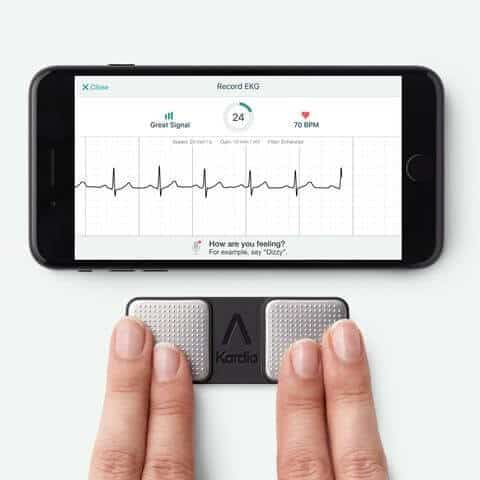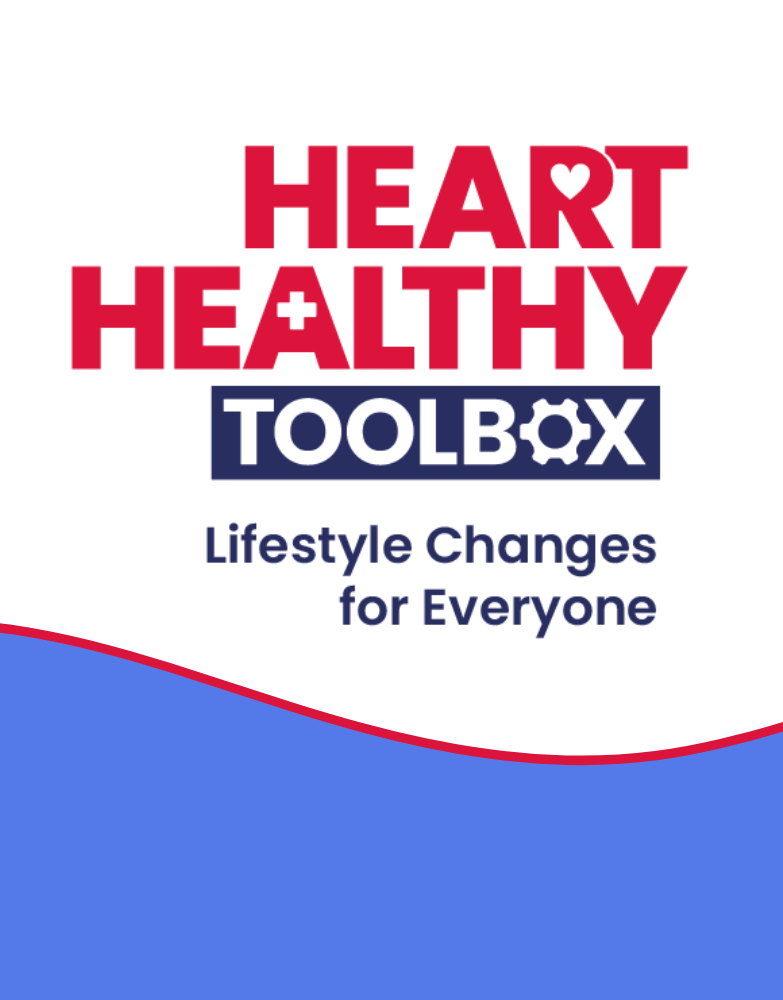Mobile-friendly Tools as a Complement to Cardiovascular Care
When it comes to cultivating heart-healthy habits at home, look no further than the convenience and portability of your smartphone or tablet. As a team, cardiovascular health and technology experts have come together to develop many downloadable tools to help prevent and manage CVD. Following are a few apps and gadgets for heart health that you can use – and recommend to your patients.
CardioSmart360
A team at the American College of Cardiology launched the free CardioSmart360 app for iPhone, Android, and web to help enhance patient care and promote better communication about cardiovascular health. The tool includes high-resolution cardiac graphics and animation. Through high-resolution cardiac graphics and animation, the app clearly illustrates cardiovascular conditions and the potential effects of treatment at the touch of a button.
Medisafe
Conceived by two brothers following a family health scare when their father inadvertently administered too much insulin, Medisafe is a highly-rated medication management app that delivers personalized reminders when it’s time for a dose. It also provides critical drug interaction warnings, notifies you when medication refills are needed, and includes 90+ measurement trackers to track weight, glucose, blood pressure and more.

KardiaMobile
KardiaMobile
Cleared by the FDA, KardiaMobile is a compact, clinical-grade EKG monitor that sends email-friendly results through its companion iOS and Android app in just 30 seconds – anytime, anywhere. This heart health app and gadget combination is available for $79 and is ideal for patients who have or may be at risk for atrial fibrillation, but it is not tested or recommended for those with a pacemaker or ICD.
Pacer
Designed for all people at any activity level, Pacer is a step-tracking and fitness iPhone and Android app for heart health that aims to make exercising simple. Ideal for those who want to get more active, Pacer tracks activity, offers fitness plans and workout videos, and provides the opportunity to connect with others looking to boost their cardiovascular health.
Find out what a Johns Hopkins cardiologist recommends for getting the most out of fitness trackers.
Fooducate
Using professional input from an advisory board of experts in epidemiology, nutritional sciences, public health, and bariatrics, Fooducate developers launched this free heart health iPhone and Android app to help people eat better, lose weight, and get healthier. The Fooducate app tracks calories and activity, recommends healthy foods and recipes, fosters community discussions, and offers motivational food tips.
Meditation apps
With more studies suggesting that mindfulness techniques can protect against cardiovascular disease, meditation apps such as Calm and Insight Timer can help kickstart a daily routine. With both guided and self-guided options, as well as calming nature sounds and instrumentals, these heart health apps may help your patients discover life-changing relaxation tools that can lead to better health.
FreeCBT
Cognitive behavioral therapy (CBT) is an evidence-based approach that can help manage stress and support lifestyle changes, as well as address anxiety and depression, all of which can improve cardiovascular outcomes. FreeCBT works to help record “automatic thoughts” and train your brain to have more beneficial thoughts. The app is entirely free of ads
PulsePoint
Healthcare providers and CPR-training individuals can share their skills with this 911-connected app. PulsePoint will immediately notify you if there is an emergency in your community, and can reqeust your help when CPR is needed.
While these apps and gadgets for heart heath are not intended to replace clinical care, and they require that patients feel motivated to use them regularly for best results, they can help reinforce and enhance your educational efforts – and that can lead to a heart-healthier future.
Published on
April 15, 2025
Related Resources






